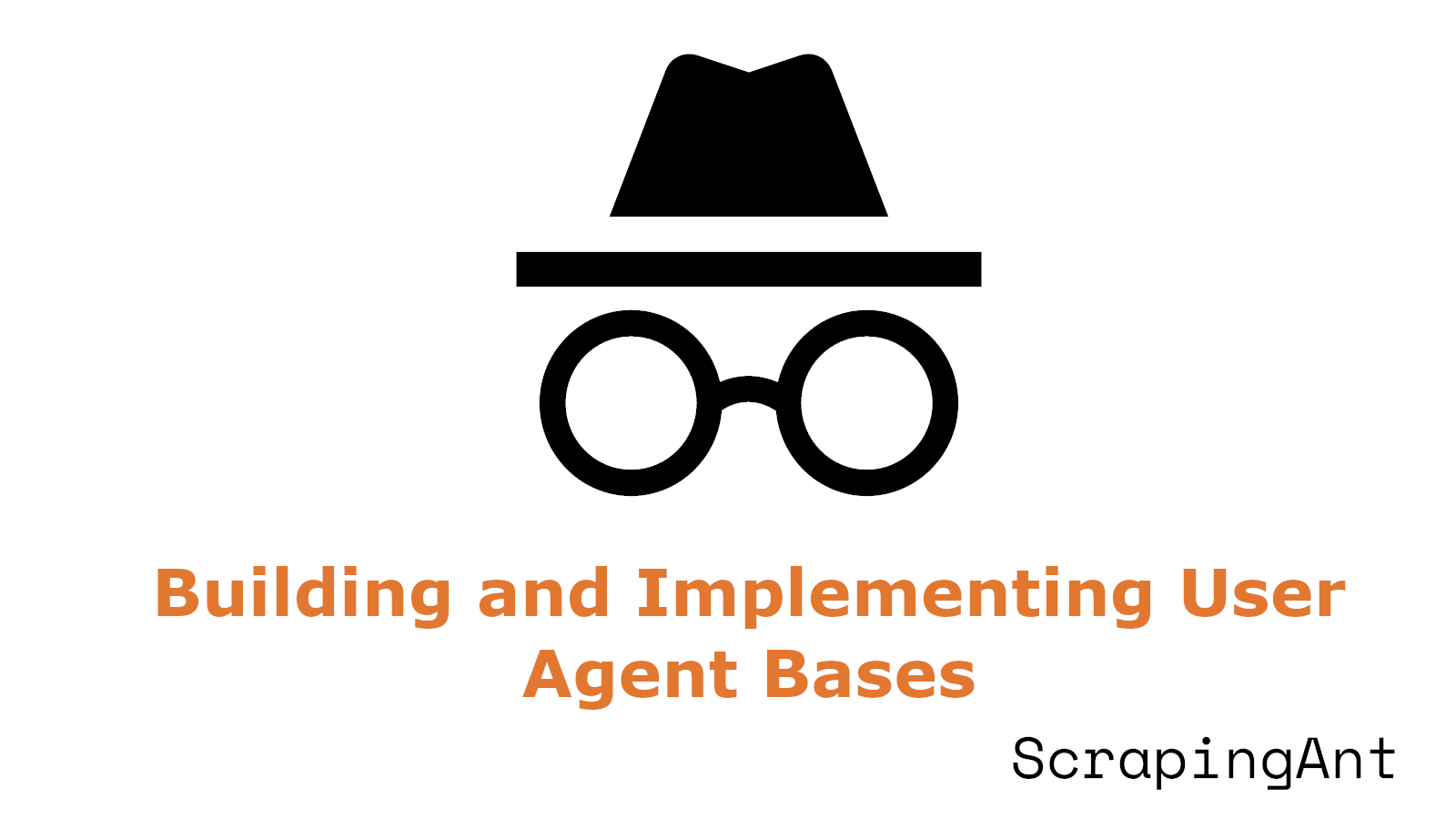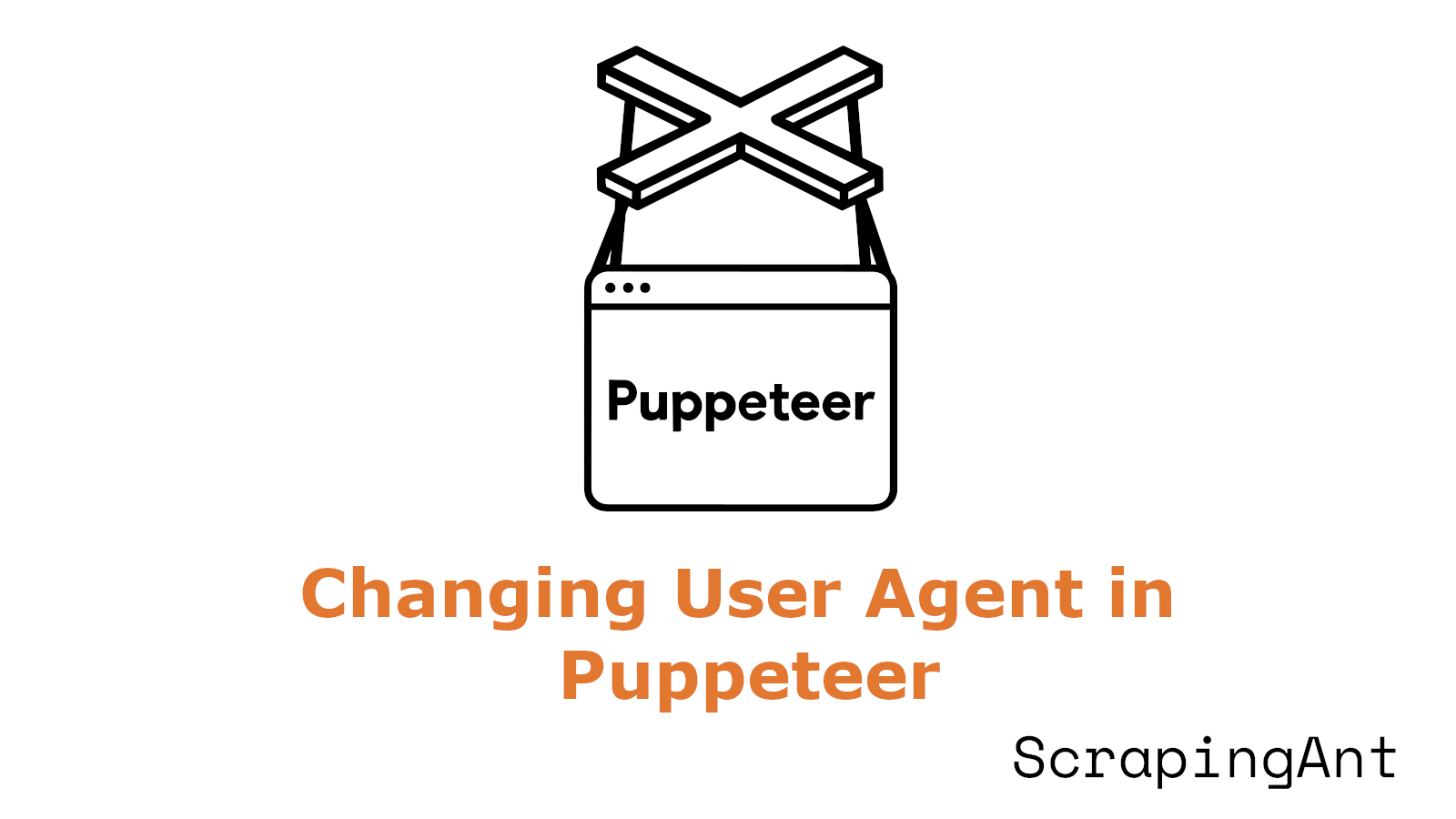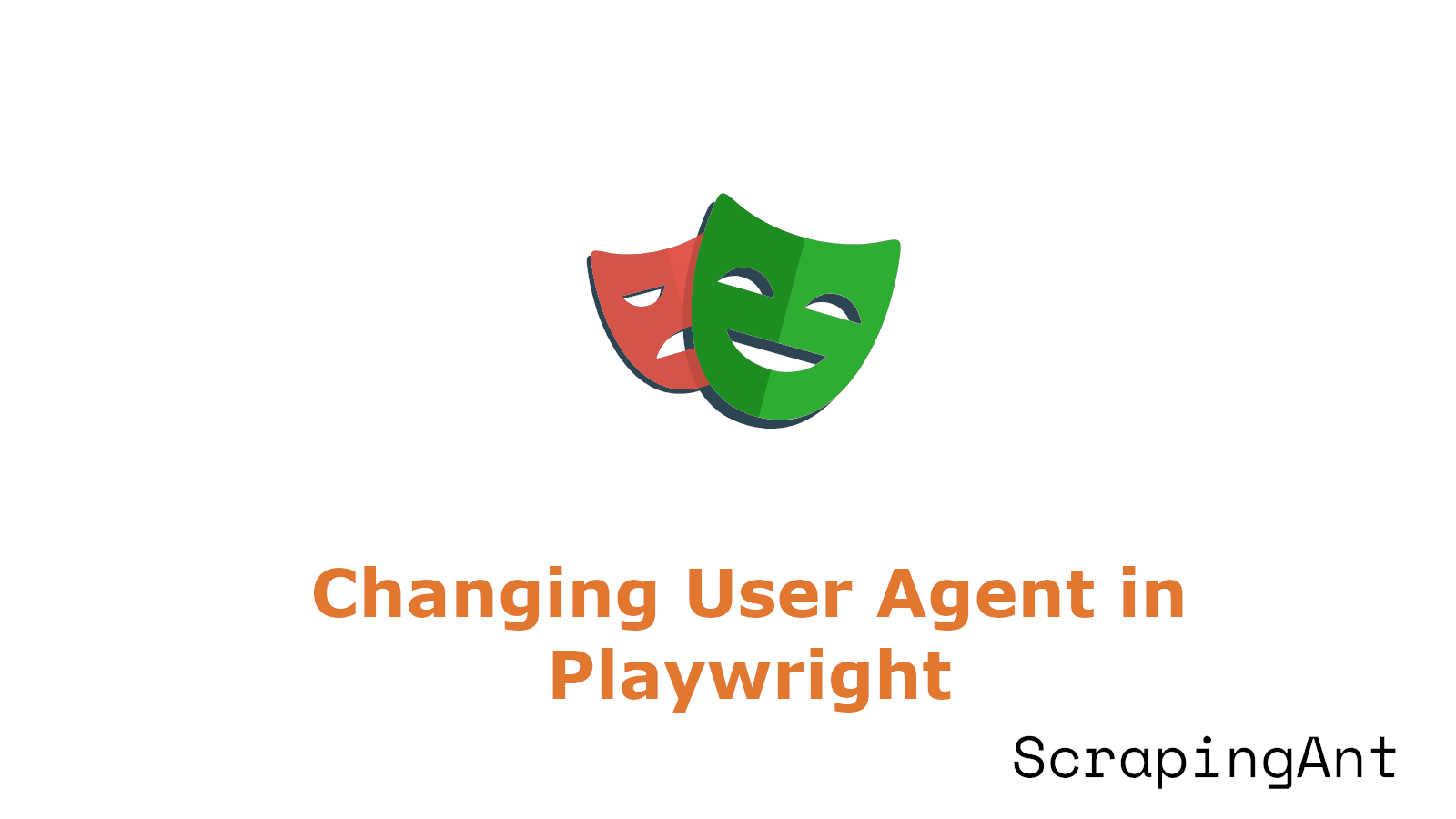
The strategic use of user agents has become a critical factor in the success and efficiency of data extraction processes. As of 2024, with the increasing sophistication of anti-bot measures employed by websites, the importance of building and implementing robust user agent bases cannot be overstated. User agents, which are strings of text identifying the client software making a request to a web server, play a pivotal role in how web scrapers interact with target websites and avoid detection.
According to recent industry surveys, web scraping has become an integral part of business intelligence and market research strategies for many companies. A study by Oxylabs revealed that 39% of companies now utilize web scraping for various purposes, including competitor analysis and market trend identification. However, the same study highlighted that 55% of web scrapers cite getting blocked as their biggest challenge, underscoring the need for advanced user agent management techniques.
The effectiveness of user agents in web scraping extends beyond mere identification. They serve as a crucial element in mimicking real user behavior, accessing different content versions, and complying with website policies. As web scraping technologies continue to advance, so do the methods for detecting and blocking automated data collection. This has led to the development of sophisticated strategies for creating and managing user agent bases, including dynamic generation, intelligent rotation, and continuous monitoring of their effectiveness.
This research report delves into the intricacies of building and implementing user agent bases for effective web scraping. It explores the fundamental concepts of user agents, their role in web scraping, and the legal and ethical considerations surrounding their use. Furthermore, it examines advanced techniques for creating robust user agent bases and implementing effective rotation strategies. By understanding and applying these concepts, web scraping practitioners can significantly enhance their data collection capabilities while maintaining ethical standards and minimizing the risk of detection and blocking.

